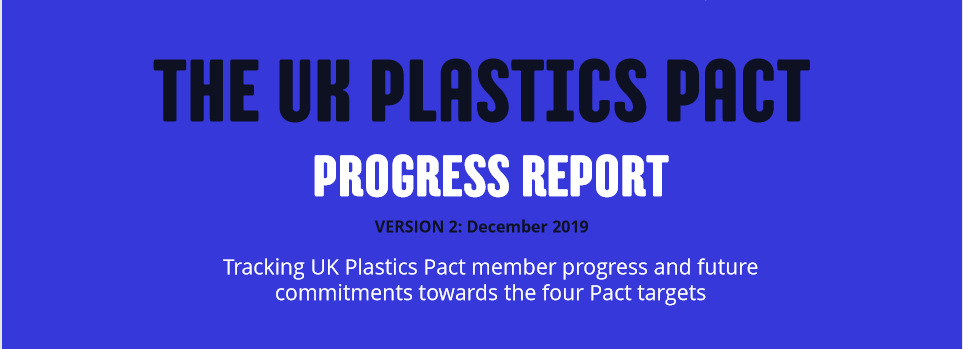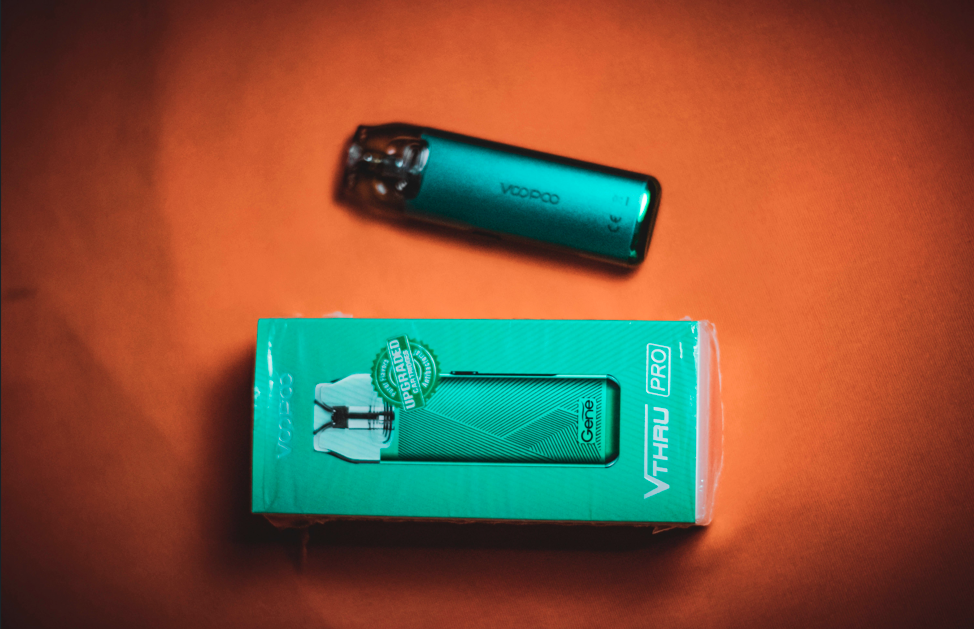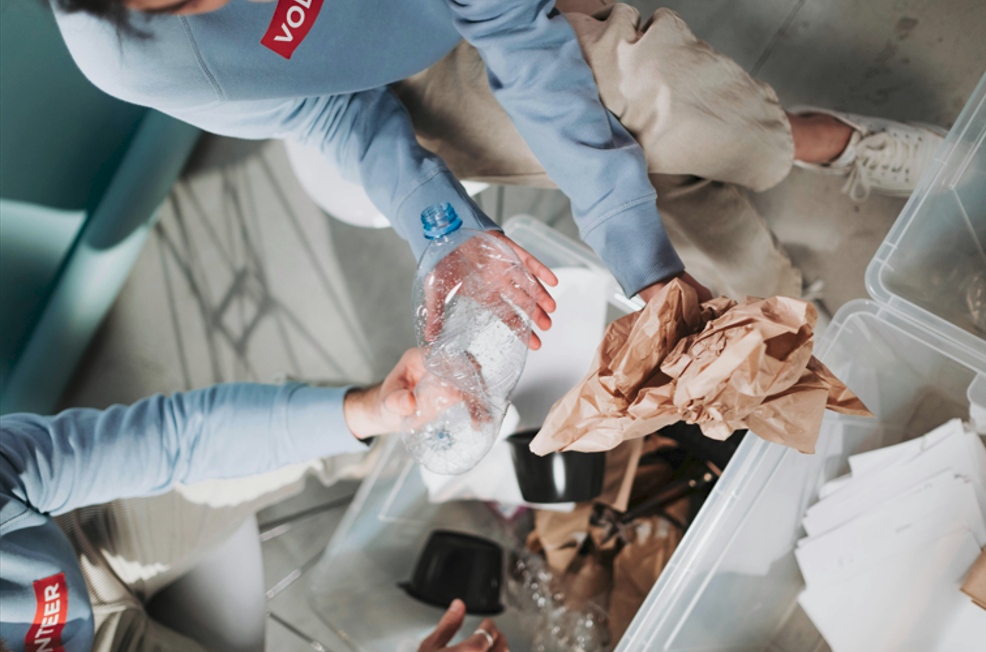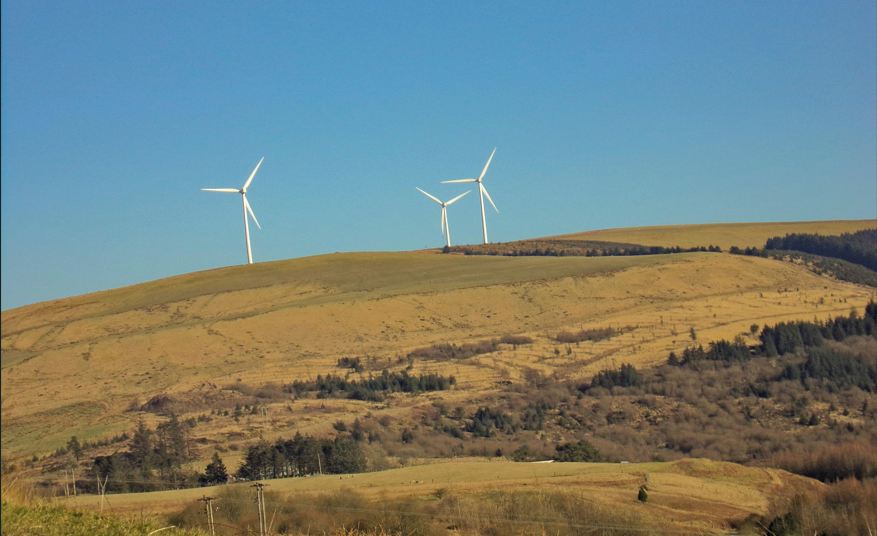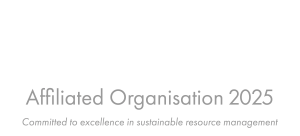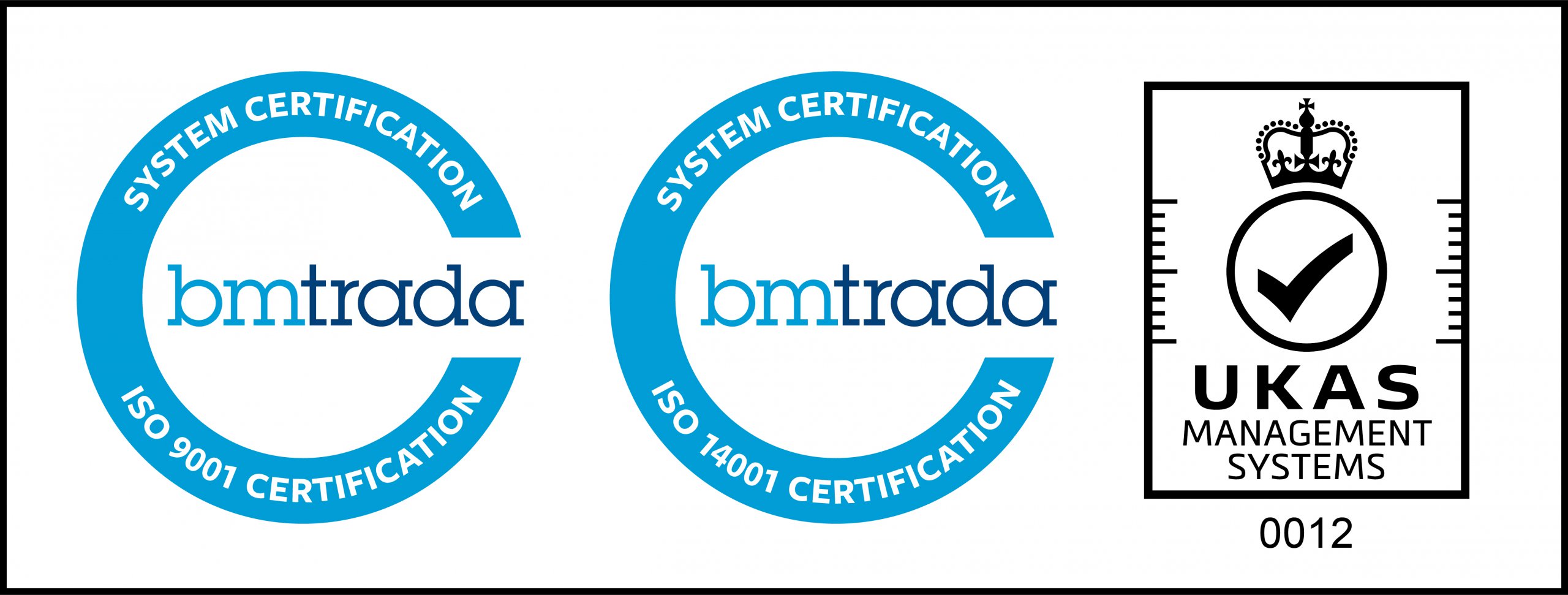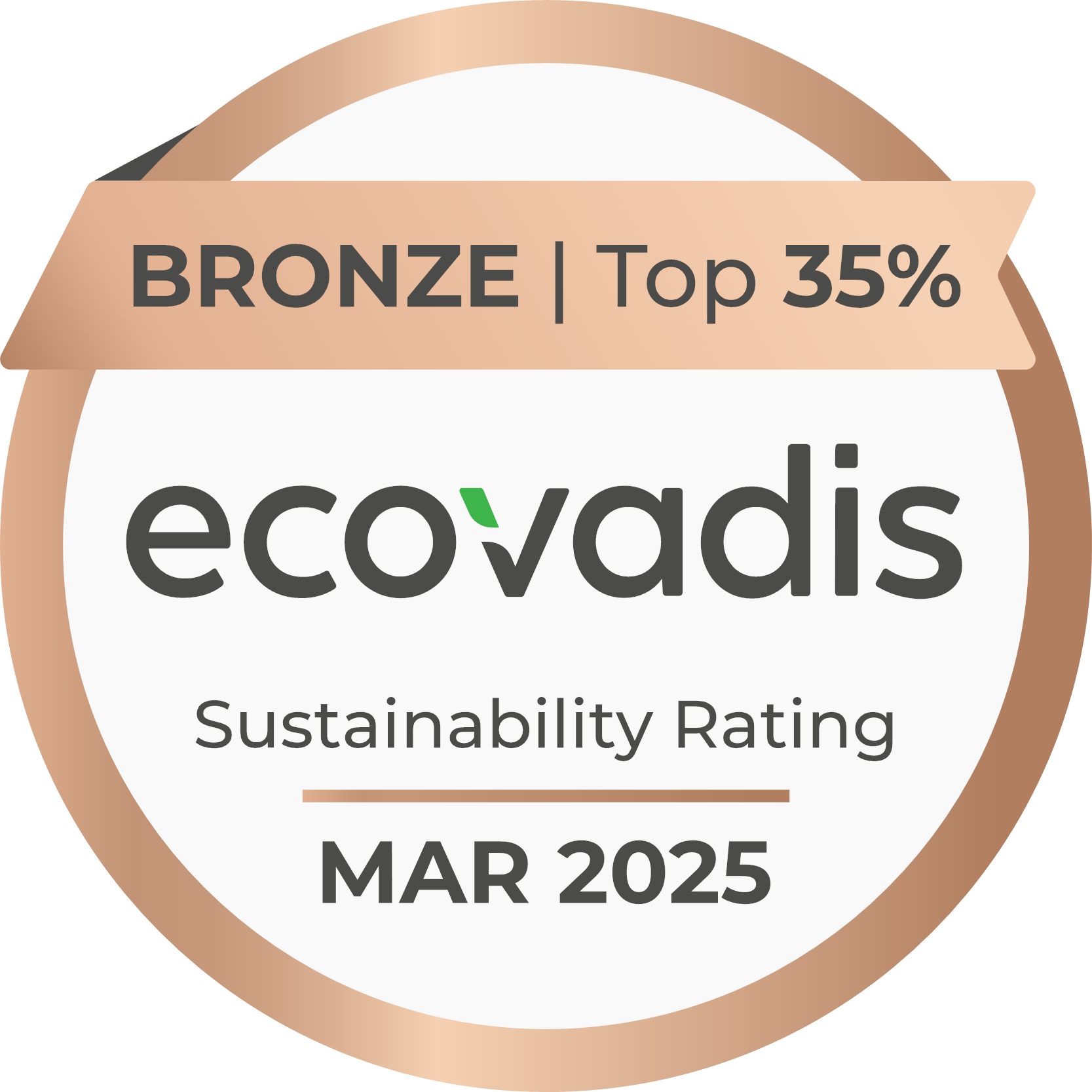Plastics recycling has been one of the top subjects of 2019 with awareness of the topic ranging from government through to consumers.
Much of the interest has been driven by the concern about plastics in the sea and from a UK perspective, a growing recognition of the need to recycle plastics within the UK or Europe rather than further overseas.
December saw the first annual report published by the UK’s Plastics Pact grouping which is coordinated by the government-supported resources charity WRAP.
Launched in 2018, the Pact aims to increase plastic recycling and reduce single-use packaging and was signed by 85 UK businesses; it had a number of targets.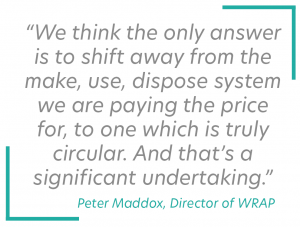
The first target set was to eliminate “problematic or unnecessary single-use plastic packaging through redesign, innovation or alternative (re-use) delivery models”.
The update from WRAP said that members are set to remove a total of 1.1 billion items of “problematic and unnecessary single use plastic” by the end of 2020, with several items such as straws and cotton buds already eliminated “by the majority of members”.
The second and third targets are to ensure that 100% of plastics packaging will be reusable, recyclable or compostable, and that 70% of plastics packaging” effectively gets reused or recycled by 2025”.
According to WRAP the bulk of plastics that are difficult to recycle are polyethelene and polypropolene films, black plastics and “multi-layer incompatible materials.” The national recycling rate for plastics in the UK in 2018 was 44%.
The fourth target is to boost the average recycled content within all plastic packaging to 30% from 10% by 2025.
The progress made here in the past year includes Highland Spring, which increased its 100% recycled content eco-bottle range to include children’s, still and sparkling ranges, while Unilever is moving all Dove packaging to 100% recycled plastic.
Commenting on the result, Peter Maddox, director of WRAP, said: “We are determined to avoid piecemeal solutions but bring the whole supply chain together to bring about systemic change.
“We think the only answer is to shift away from the make, use, dispose system we are paying the price for, to one which is truly circular. And that’s a significant undertaking”.
You can view the full report on WRAP's website here.

